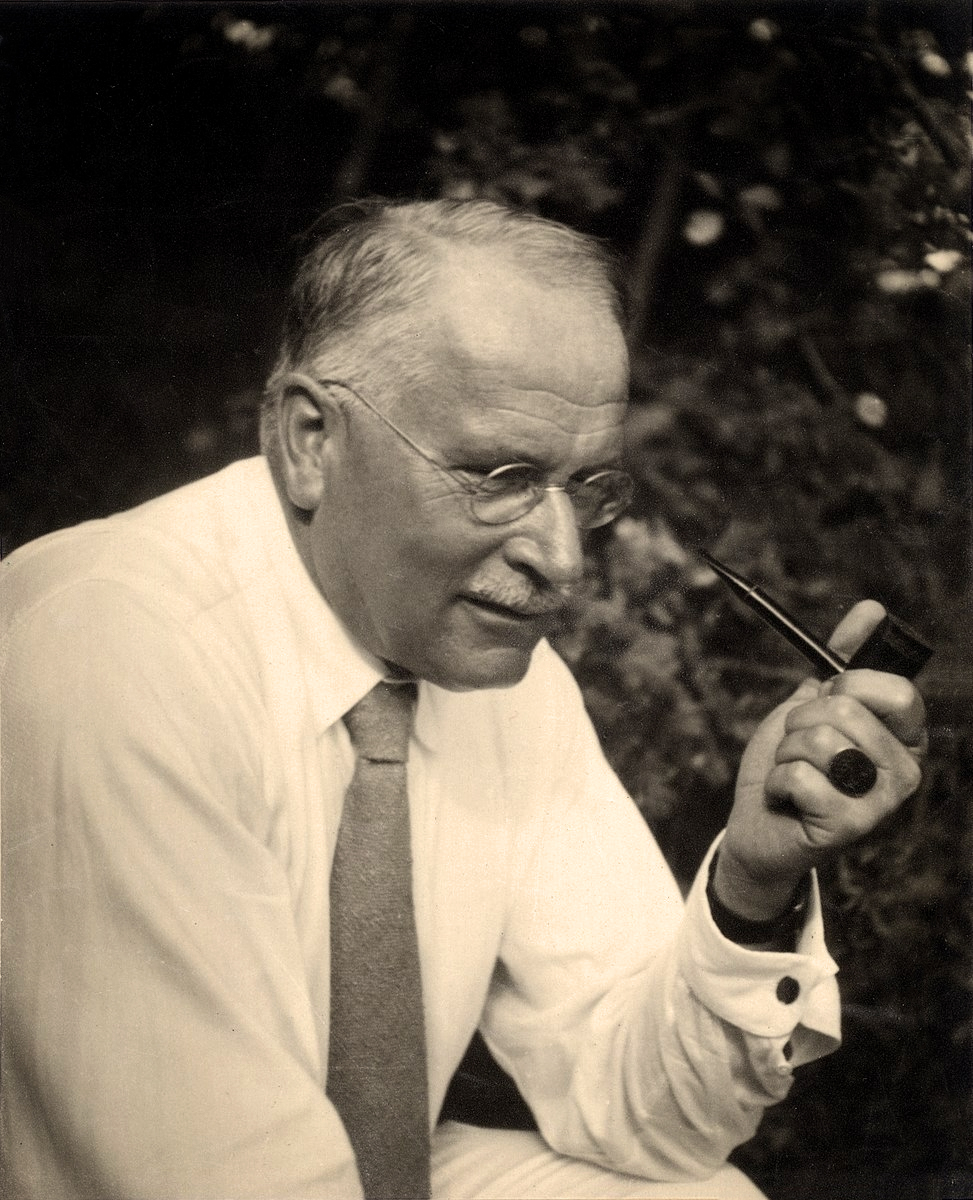
Ninety years on: Jung at the Tavistock
This year marks the 90th anniversary of Swiss psychiatrist and psychoanalyst Carl Jung’s famous series of lectures at the Tavistock Clinic in London — a landmark in the history of analytical psychology and of Jung’s engagement with the British medical and mental health establishment.
In early October 1935, Jung delivered five lectures at the Tavistock Clinic on ‘Fundamental Psychological Conceptions,’ later known as The Tavistock Lectures. These lectures were later published as Analytical Psychology: Its Theory and Practice, and they provide an accessible overview of Jung’s theories, including dream analysis, the collective unconscious, and archetypes.
Until you make the unconscious conscious, it will direct your life and you will call it fate.
C.G. Jung
As Jung himself acknowledged, the lectures were both ambitious and were intended to make his ideas accessible to wider audiences and not just medical professionals. He presented the core ideas of his ‘analytical psychology’ including: the structure of the psyche, complexes, his ideas of personal and collective unconscious, his approach to analysis, word association, and active imagination. He also spoke about his treatment of transference.
Transference was a central idea in Freudian psychoanalysis. For Freud, it referred to the process where a patient unconsciously transferred or projected feelings and attitudes from significant early relationships – often with parents – onto the therapist.
Jung, however, saw transference in a broader way. He believed it involved not only personal experiences and conflicts, but also projections from what he called the collective unconscious – a shared human reservoir of universal symbols, archetypes, and psychological patterns. To Jung, transference was a natural and symbolic process, full of meaning and potential for personal growth. Rather than simply resolving childhood conflicts, it offered a path towards integration of conscious and unconscious aspects of the self.
The lectures had an immediate and lasting impact. Among those attending was Samuel Beckett, the Nobel Prize winning Irish playwright and novelist, who was being treated for writer’s block at the Tavistock Clinic and was invited to attend the lectures by his therapist Wilfred Bion. Beckett later credited Jung’s ideas with influencing his literary and psychological outlook. Over subsequent decades, The Tavistock Lectures have become an entry point into Jung’s thought for English-speaking audiences.
Ninety years on, Jung’s Tavistock lectures continue to offer insights, not only into the mind, but also into the social currents that shaped his thinking. By 1935, fascist regimes had already taken hold in parts of Europe, and the continent was increasingly under the shadow of authoritarian rule, and Jung’s exploration of the collective unconscious offered a way to understand the psychological forces that made mass movements and ideological extremism possible. Today, societies face renewed political polarisation, rising authoritarianism, and global anxieties. Jung’s ideas, as contested as they are, feel strikingly relevant.
In England the lectures positioned The Tavistock Clinic, as a centre of independent thinking and experimental approaches to mental health. Revisiting Jung’s lectures reminds us that psychoanalysis and psychological insight were originally not only tools for individual growth, but also a way to understand and engage with the wider issues of society. The anniversary of the lectures invites us to reflect on the need for spaces for independent thought.
